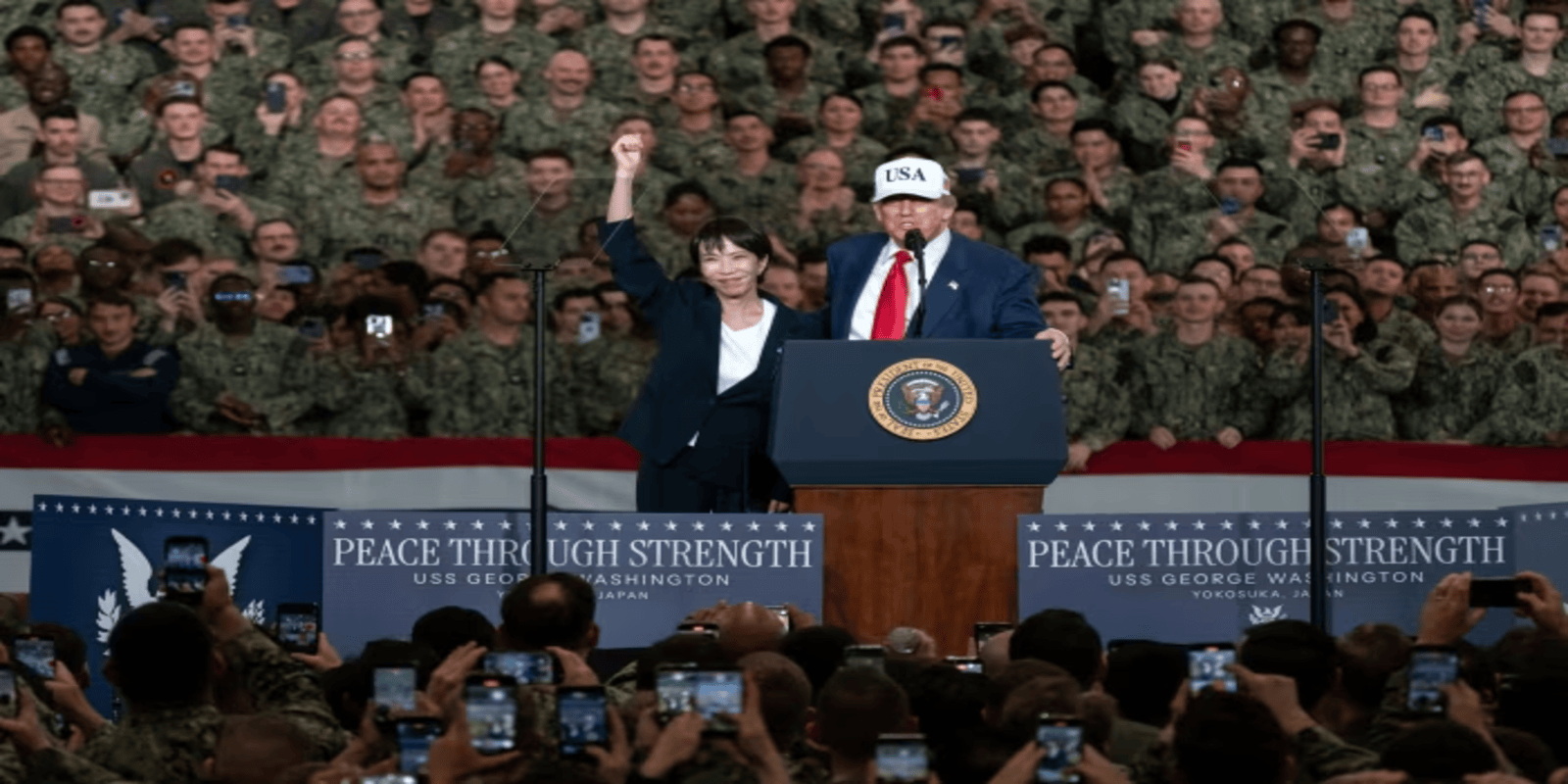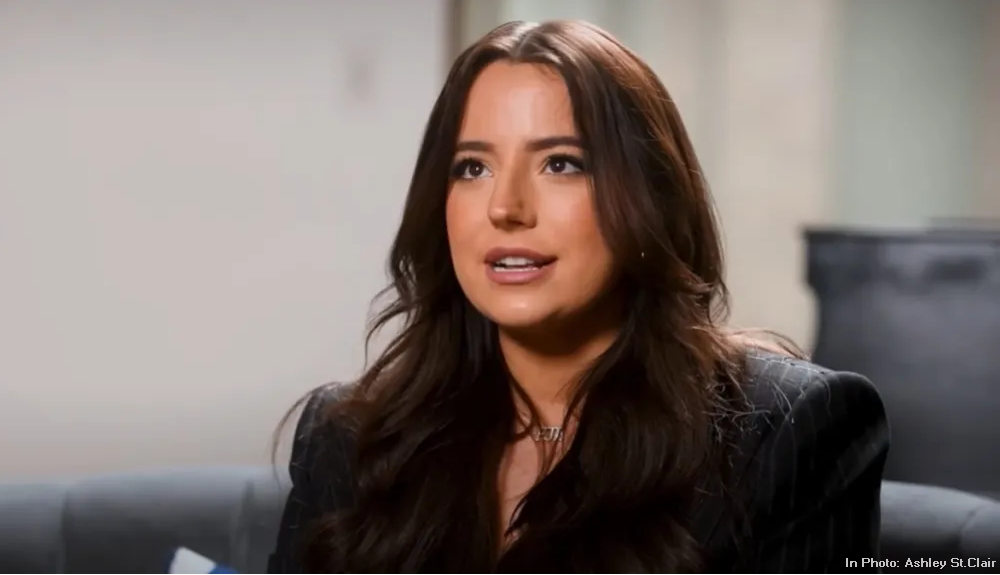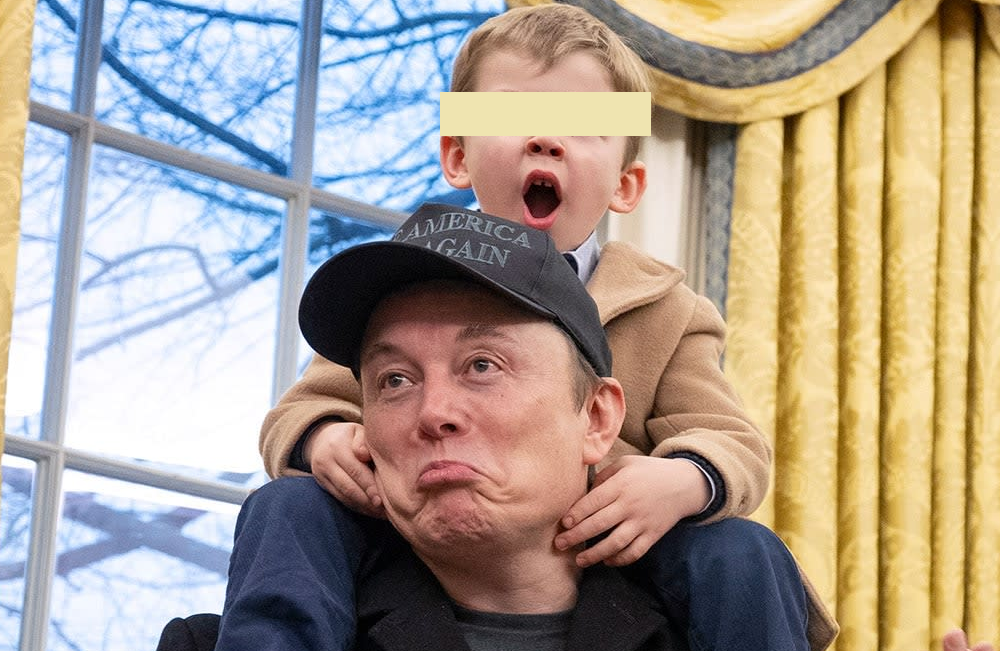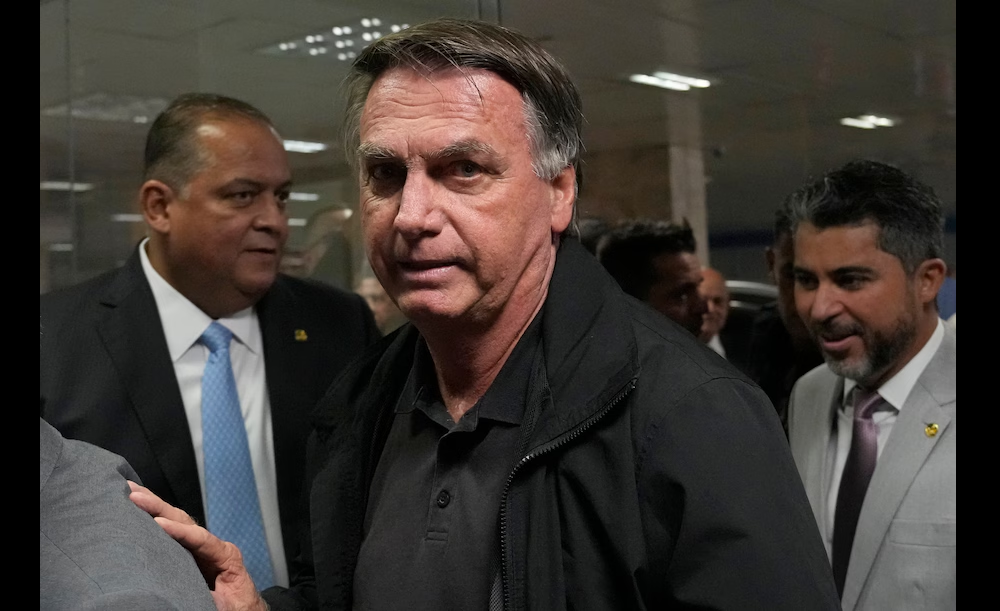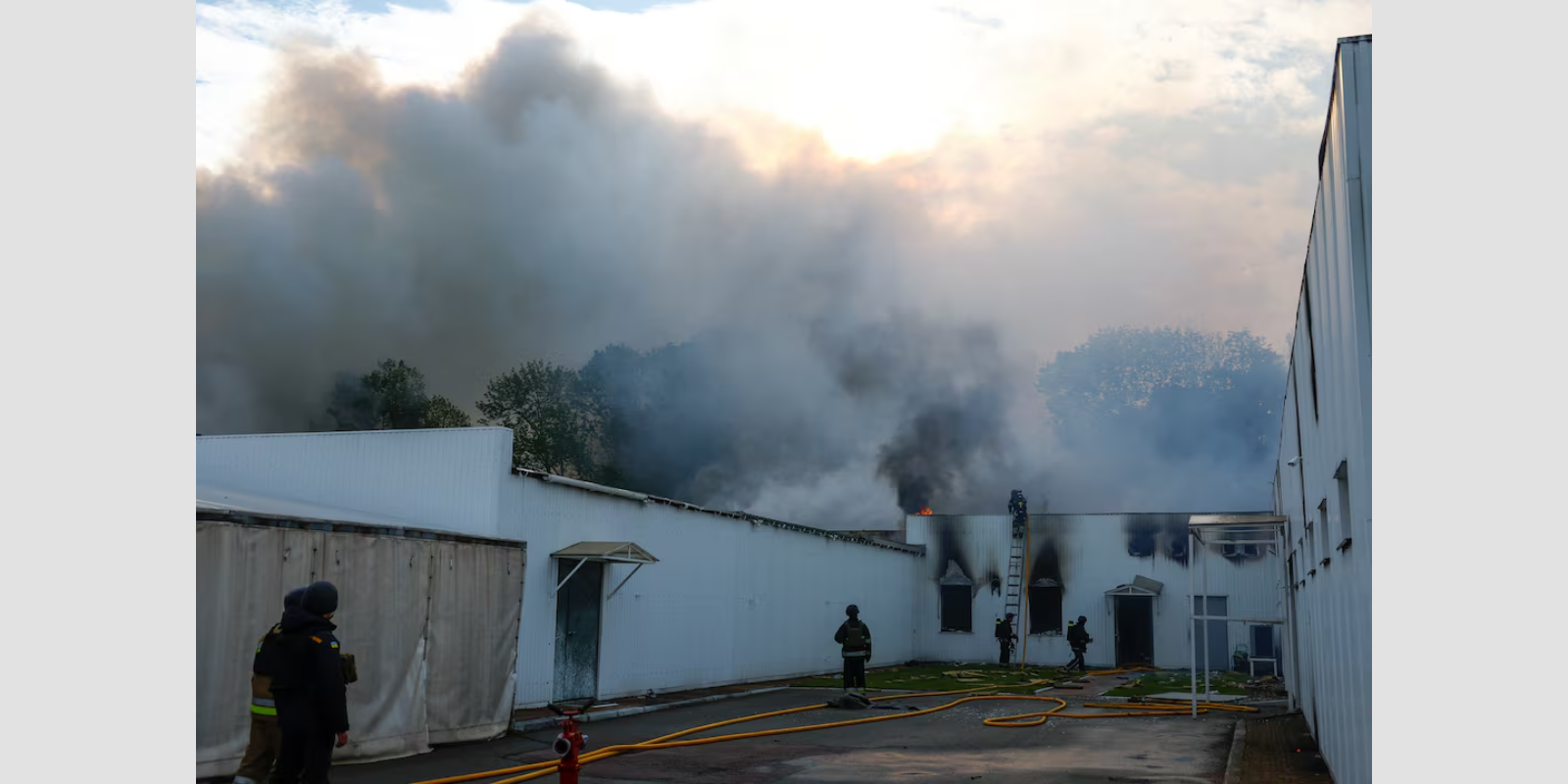Donald Trump addresses the troops aboard USS George Washington in Yokosuka, Japan, with Sanae Takaichi beside him © Tomohiro Ohsumi/Getty Images
Japan’s Sanae Takaichi finds the perfect playlist for Donald Trump
New prime minister hits clever notes in crucial encounter with visiting US president
LEO LEWIS FT 28-10-2025
It is now widely known that Sanae Takaichi, the “Iron Lady” who has served a full week as prime minister of Japan, is a devoted fan of heavy metal.
But in setting the tone for this week’s landmark visit by US President Donald Trump, Japan’s first female prime minister appeared to reach for an altogether softer playlist: the diplomatic equivalent of Frank Sinatra’s “It Was a Very Good Year”, Rick Astley’s “Never Gonna Give You Up” and Harold Faltermeyer’s “Top Gun Anthem”.
Were six golden golf balls with Trump’s name embossed on them too much? No. It all worked tremendously. Very tremendously. Trump, who in 1987 famously took full page adverts in US newspapers to denounce Japan’s advantage-taking of America, opened talks on Tuesday declaring: “I have always had a great love of Japan.”
Japan, meanwhile, is beginning to notice that Takaichi has spent decades perfecting the navigation of exactly this kind of moment. In a 32-year ascent to the pinnacle of Japanese politics, she has steered through an obstructive, chauvinistic sludge of old men, to the point where, according to friends, little can faze her.
Before even landing in Tokyo, Trump described Japan’s new prime minister as “beautiful”. As Takaichi shook his hand on Tuesday morning, the president complimented her on the strength of her grip. Takaichi’s expression was neither fawning nor fearful, but of familiarity with a type.
The challenge facing her was huge, though. Welcoming the US president back to Tokyo for his first visit in six years, the pressure on Japan’s leader was as much emotional as diplomatic. Last time Trump was here, the country was run by the late Shinzo Abe — a mentor to Takaichi and one of the few world leaders with whom Trump has had a genuine friendship.
Without Abe on the scene, neither Takaichi, who has emerged as prime minister amid a severe political crisis, nor the Japanese government, which was forced to battle for months to secure even a one-sided tariff deal and depends on the US for security in a dangerous world, could afford for this trip to go off course. But Trump takes huge uncertainty wherever he goes.
Takaichi declared still constitutionally pacifist Japan “ready to contribute even more proactively to peace and stability in the region”.
Still, as Takaichi deftly showed, both she and Japan carry an unusually decent hand of cards for these occasions. Japanese companies are in a position to talk grandly (if not, when you study the fine print, with specific figures, dates or details) about future US investments. Given both Trump and Takaichi’s need for a photo opportunity warning China of their rock-solid security alliance, it is convenient that the home base of America’s biggest forward-deployed naval fleet is just a 20-minute Marine One helicopter hop south of Tokyo.
Eclipsing all these advantages, though, is the now fully shared US-Japan worship of Shohei Ohtani, the supernaturally gifted Japanese baseball star who plays for the Los Angeles Dodgers. Just as Ohtani has apparently solved baseball, he may, inadvertently, help solve US-Japan diplomacy. When Trump met the Emperor on Monday night, they talked about Ohtani. When he met Takaichi the following morning, they settled into two ornate chairs to watch a few minutes of Ohtani playing in the World Series. Throughout Tuesday, as a Dodgers game against the Toronto Blue Jays extended into an 18-inning epic, Ohtani’s two home runs were within easy conversational reach of any minister, official or chief executive in Tokyo who needed them.
Safely on shared sporting ground, Takaichi could run through her Trump-friendly playlist. In meetings in the ornate Akasaka Palace, she hit the US president with a reminder of the glory days of his friendship with Abe as emotional as the nostalgic “It Was a Very Good Year” crooned by Sinatra. Gift-giving is one of Japan’s highest art forms: Takaichi’s decision to present Trump with the putter Abe used when the two last played golf together was a masterpiece of the genre.
The “Never Gonna Give You Up” gambit was to then indulge the president on a “new golden era” theme — a line of Trump discourse which, repeatedly and emphatically, asserted that tremendous trade would be done between the two countries, that the US-Japan friendship would be stronger than ever before and that he and Takaichi will have a “fantastic relationship”.
By the time the pair reached the US naval base of Yokosuka, flying by helicopter on to the deck of a nuclear-powered aircraft carrier, the buddy act was at levels approaching those of the bromantic 1986 US movie Top Gun. Taking the role of “Japan is Back” Goose to Trump’s Maga Maverick, Takaichi declared still constitutionally pacifist Japan “ready to contribute even more proactively to peace and stability in the region”.
It was a grand, if sometimes confusing, day out. “I want to just let you know — any time you have any question, any doubt, anything you want, any favours you need, anything I can do to help Japan, we will be there,” said Trump as the main summit concluded. Takaichi might reasonably have responded by asking America to drop the 15 per cent tariff it had imposed on its dear friend, or perhaps its insistence on Tokyo coughing up colossal investment on US terms.
This was not the day for testing the depths of Trump’s goodwill, however. The US president’s promise of future favours is something, as the title of a track by Takaichi’s heavy metal heroes Iron Maiden has it, that she can “Remember Tomorrow”.


